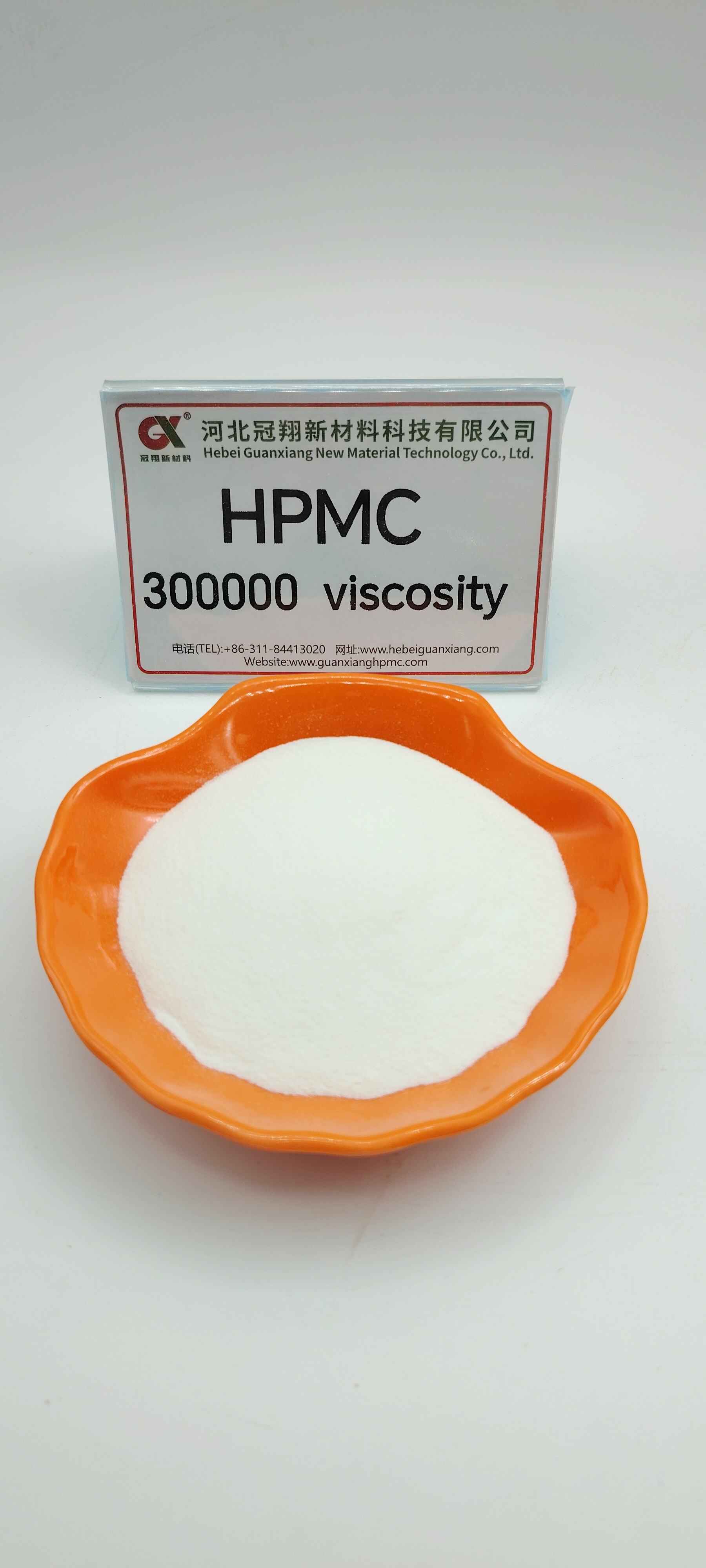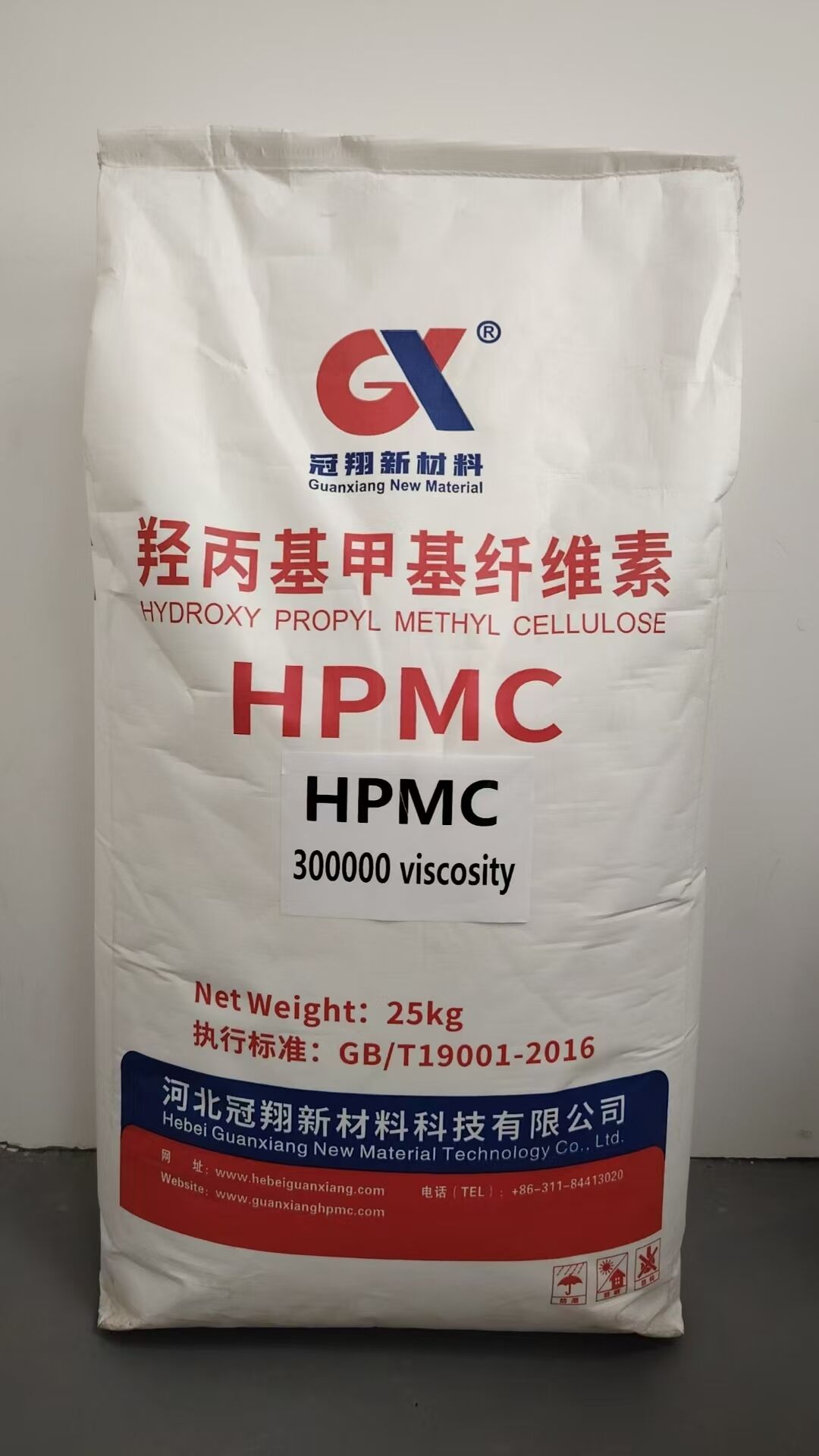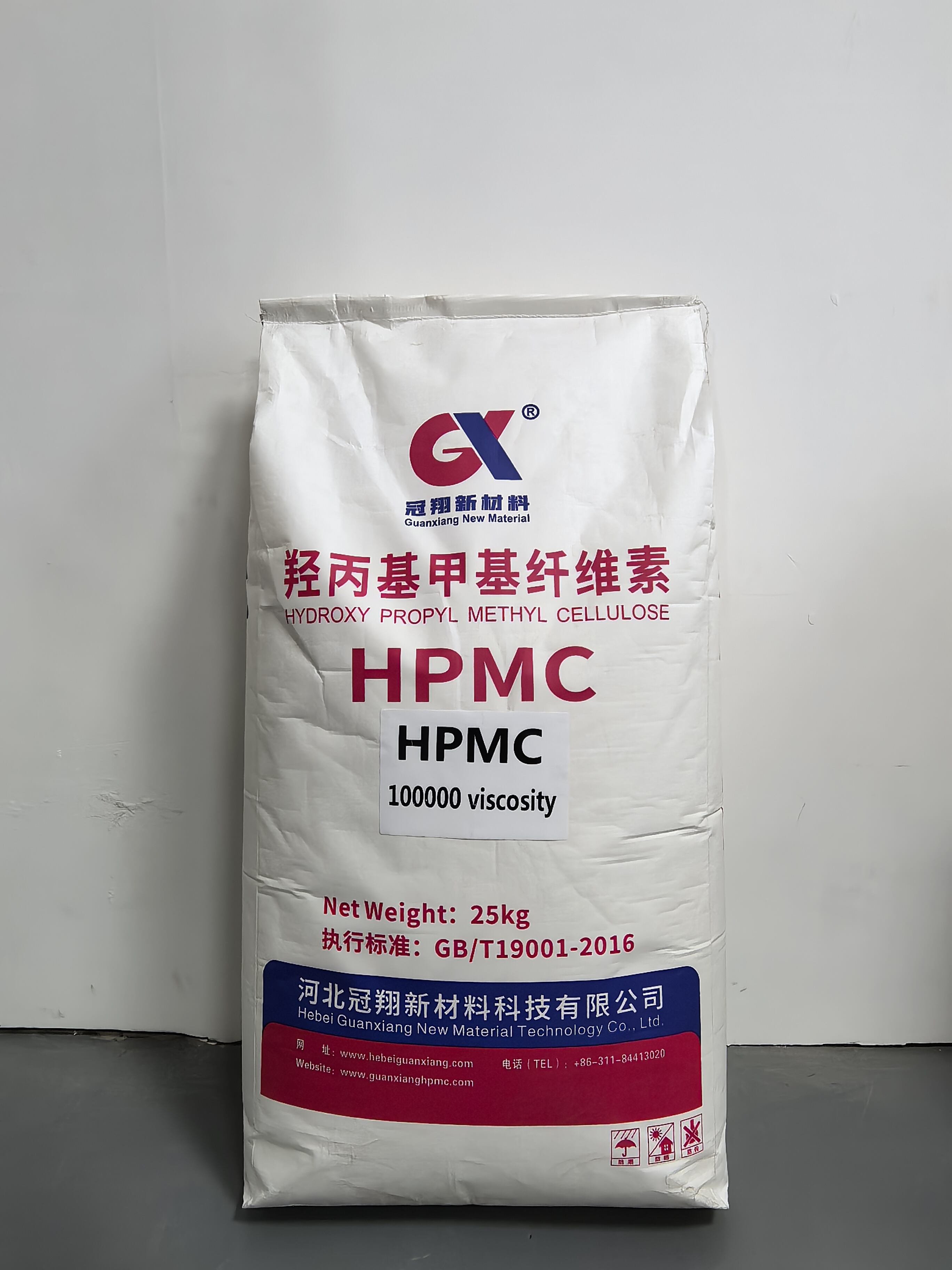hpmc types
Hydroxypropyl Methylcellulose (HPMC) types represent a diverse family of cellulose ethers that have revolutionized various industries through their versatile applications. These types include different grades and viscosities, ranging from HPMC E3, E5, E6, and E15 to more specialized varieties like K4M and K15M. Each type offers unique characteristics tailored to specific applications. HPMC types function as essential binding agents, film-formers, and thickeners in pharmaceutical, construction, and food industries. Their technological features include excellent film-forming capabilities, controlled release properties, and thermal gelation characteristics. In pharmaceutical applications, HPMC types serve as crucial excipients in tablet formulations, providing controlled drug release and coating properties. The construction industry utilizes HPMC types as rheology modifiers in cement-based materials, improving workability and water retention. In food applications, these compounds act as stabilizers and emulsifiers, enhancing texture and shelf life. The molecular structure of HPMC types can be modified to achieve specific properties, making them highly adaptable to various manufacturing processes and end-use requirements.


